Wendell Berry is a writer and farmer from Kentucky. The 18 stories collected in Stand By Me chronicle almost a hundred years in the life of the fictional rural community of Port William. Berry’s characters are deeply connected to this place, and there’s a keen sense of how life in the town changes (or stays the same) over time.
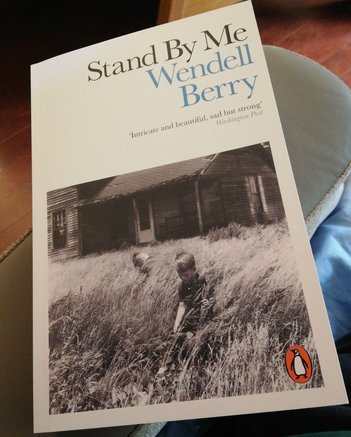
The opening story, ‘The Hurt Man’, sets out broadly what kind of book this is going to be. In 1888, Port William is a small, self-contained town:
It had no formal government or formal history. It was without pretense or ambition, for it was the sort of place that pretentious or ambitious people were inclined to leave. It had never declared an aspiration to become anything it was not. It did not thrive so much as it merely lived, doing the things it needed to do to stay alive.
There’s a school at one end of Port William, and a graveyard at the other. You could spend your whole life there.
Mat Feltner is five when an injured man runs up to his porch, and Mat’s mother takes the man in to treat his wounds. Mat sees an expression of profound concern on his mother’s face, one that reveals to him a truth he’ll carry with him always:
What did he learn from his mother that day? He learned it all his life. There are few words for it, perhaps none. After that, her losses would be his. The losses would come. They would come to him and his mother.
I like the way that Berry emphasises how past, present and future flow into each other in Port William. In ‘The Hurt Man’, the process of loss that becomes apparent to young Mat will continue for the rest of his life. ‘Pray Without Ceasing’ begins with Mat’s grandson Andy looking back, and knowing that his family’s past is still within him. By the time of ‘The Boundary’, Mat Feltner is an old man, and his memories bubble up into present reality as he begins to decline mentally.
For all that Berry’s voice is unmistakable throughout, there’s a variety of tone to his stories. There is gentle comedy in ‘A Consent’, as lumbering farmer Ptolemy Proudfoot tries to catch the attention of schoolteacher Miss Minnie. Contrasting with this is ‘Making It Home’, in which Art Rowanberry returns from fighting in the Second World War, bringing vivid and harrowing memories with him.
What unites the tales in Stand By Me above all for me is the place, and the sense that life continues. As the narrator of the title story puts it:
It was maybe the animals that most of all kept us going, the good animals we depended on, that depended on us: our work mules, the cattle, the sheep, the hogs, even the chickens. They were a help to us because they didn’t know our grief… We took care of them, we did what had to be done, we went on.
“We went on.” Perhaps that’s the whole book summed up in three words: the persistence of a community in the face of time itself.
(Published by Penguin.)
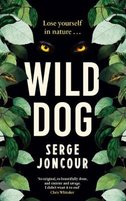
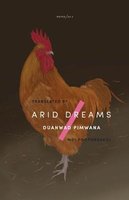
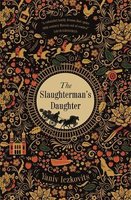
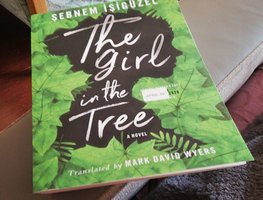
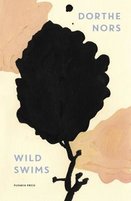
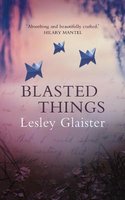
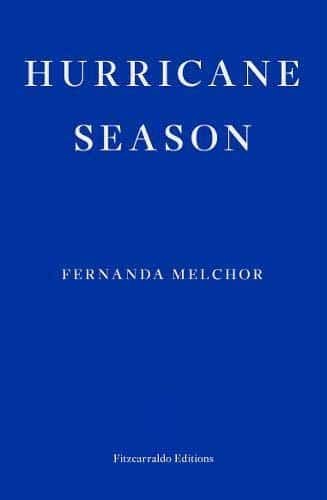
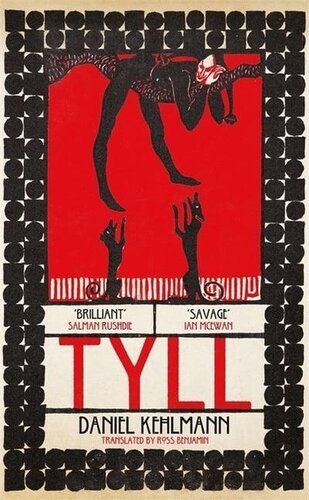
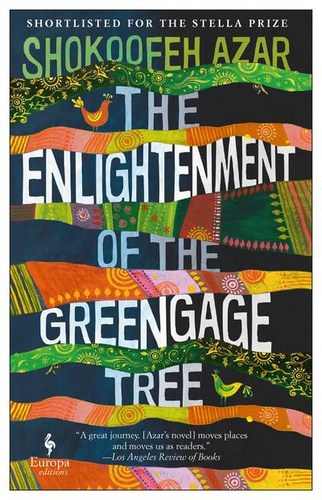
Recent Comments